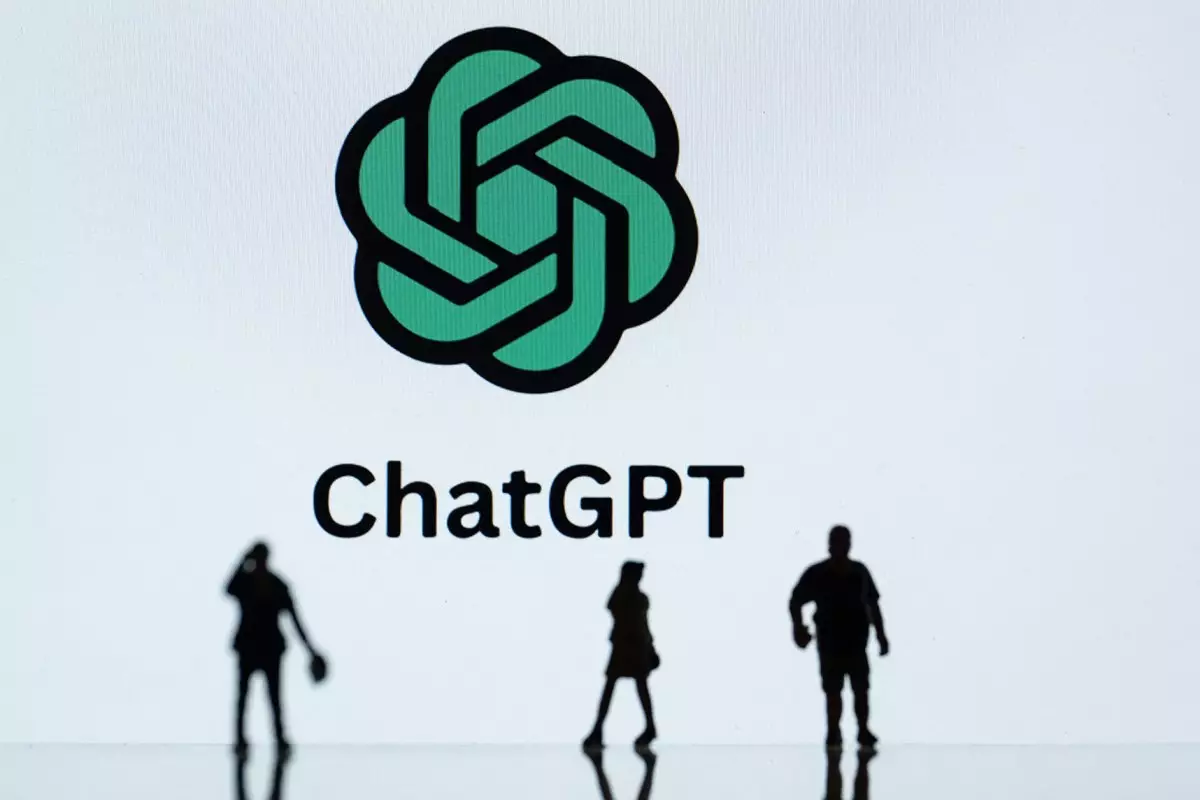OpenAI has recently made headlines by removing the warning messages that previously informed users when their inquiries could potentially infringe on the company’s terms of service within the ChatGPT platform. This adjustment marks a pivotal shift in how users interact with this AI-powered chatbot, and it reflects a broader trend toward greater user autonomy. Laurentia Romaniuk, representing OpenAI’s AI model behavior team, explained that this decision aims to minimize what she termed “gratuitous/unexplainable denials.” Such statements hint at an evolving philosophy at OpenAI, seeking to enhance user experience and streamline interactions with the AI.
With these changes, OpenAI has signaled a willingness to allow its users more freedom, provided that they keep within legal boundaries and refrain from engaging in harmful behavior. Nick Turley, the head of product for ChatGPT, framed this evolution positively, asserting that users could engage with ChatGPT in a manner that they deem suitable. However, it’s essential to recognize that this newfound freedom does not equate to unrestricted access. The AI will continue to reject prompts that promote misinformation or encourage harmful actions, a necessary safeguard in the context of digital interactions where disinformation can spread rapidly.
The removal of warning messages, particularly the much-discussed “orange box,” addresses sentiments expressed by users who felt the platform was overly filtered or censored. Discussions surrounding sensitive topics, including mental health, adult themes, and controversial subjects, faced significant scrutiny from moderation prompts. Users on multiple platforms, including X and Reddit, reported frustrations with these filters, often feeling that their queries were met with undue resistance. The recent changes, however, have sparked an enthusiastic response from users excited about the highly anticipated “adult mode,” which allows for a broader discourse on previously restricted topics.
This shift aligns with broader societal debates about censorship, particularly in the realm of AI. OpenAI’s updates to its Model Spec, which govern the behavior of its technologies, seem to indicate that discussions on contentious issues will be embraced rather than avoided. This is particularly significant against the backdrop of political allegations that AI models unfairly silence conservative perspectives. Key figures, including Elon Musk and David Sacks, have been vocal critics of perceived bias in AI moderation, labeling technologies like ChatGPT as “programmed to be woke.” It appears that OpenAI is responding to these pressures by balancing its operational guidelines with the perceived demand for free expression, regardless of political affiliation.
OpenAI’s decision to relax content warnings reflects a maturation step within the organization, one that acknowledges user demand for both more interactive and less constrained AI tools. While potential implications for accuracy and user safety emerge from this increased freedom, the company must navigate these waters carefully. As ChatGPT evolves into a platform with expanded capabilities, ongoing evaluation of its impact on public discourse and social responsibility will be essential. The underlying challenge remains: how to foster open dialogue without compromising the integrity of information and the safety of users. As users begin to explore the new parameters offered by ChatGPT, the tech community will undoubtedly watch closely to see how these changes play out in real-world scenarios.

